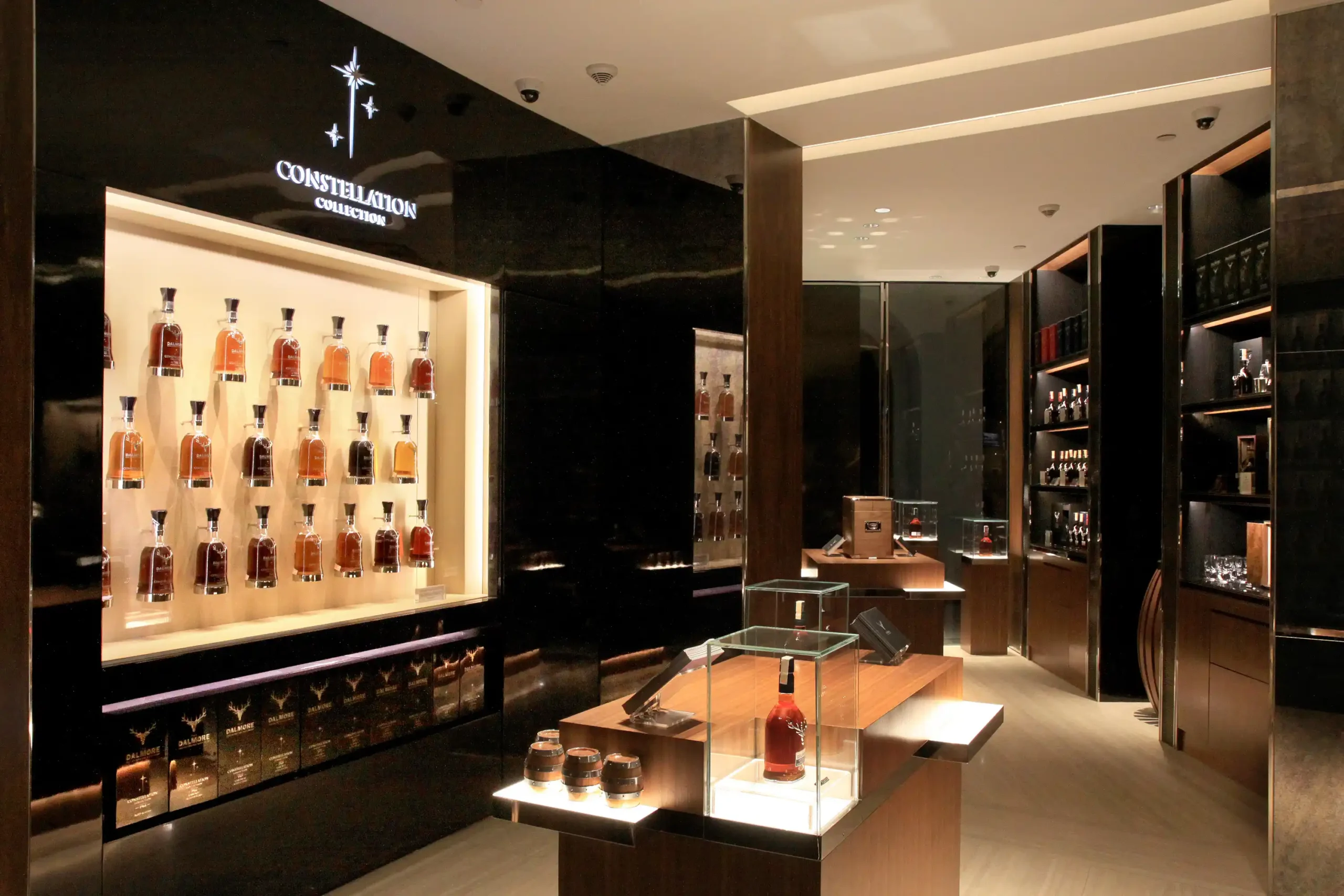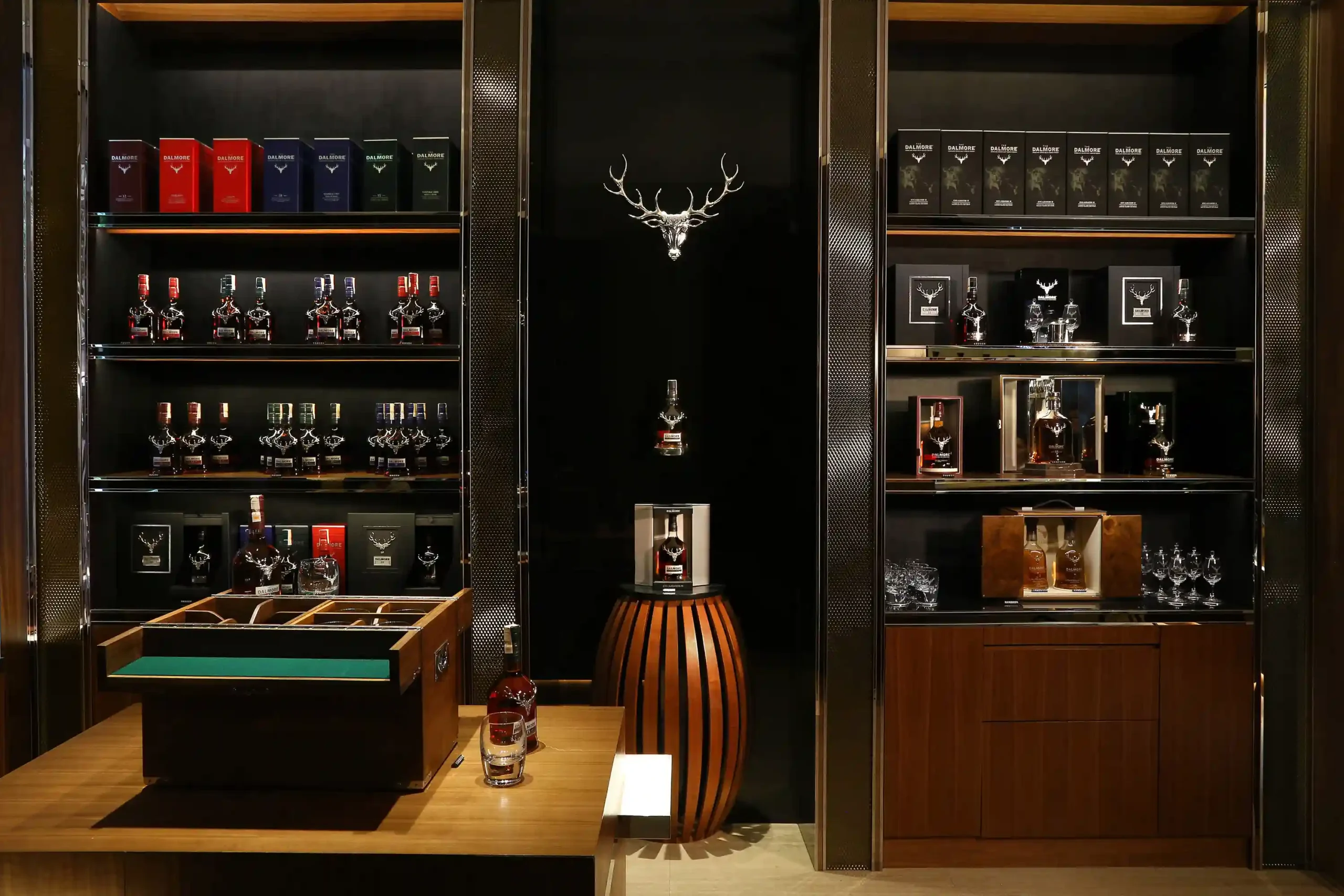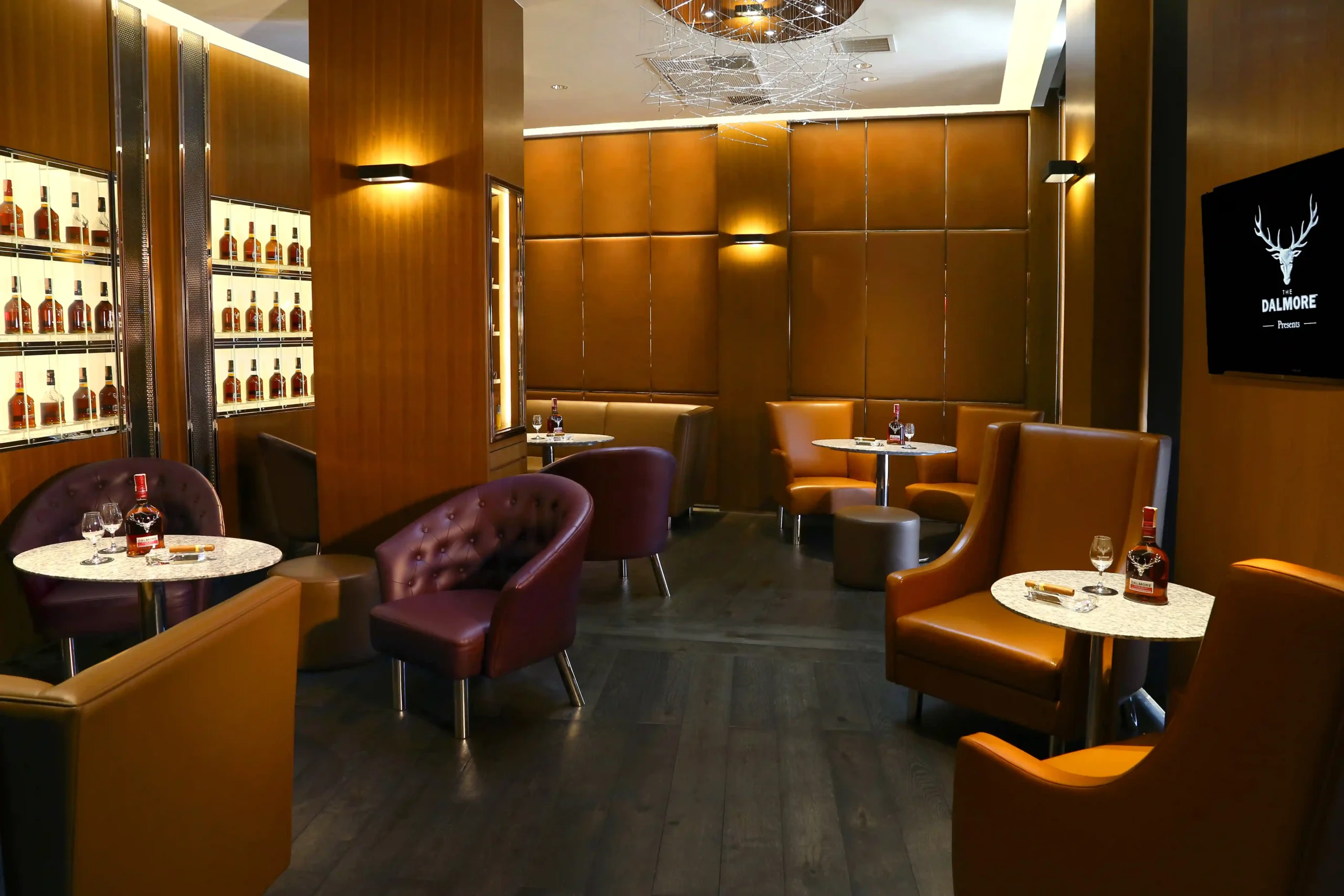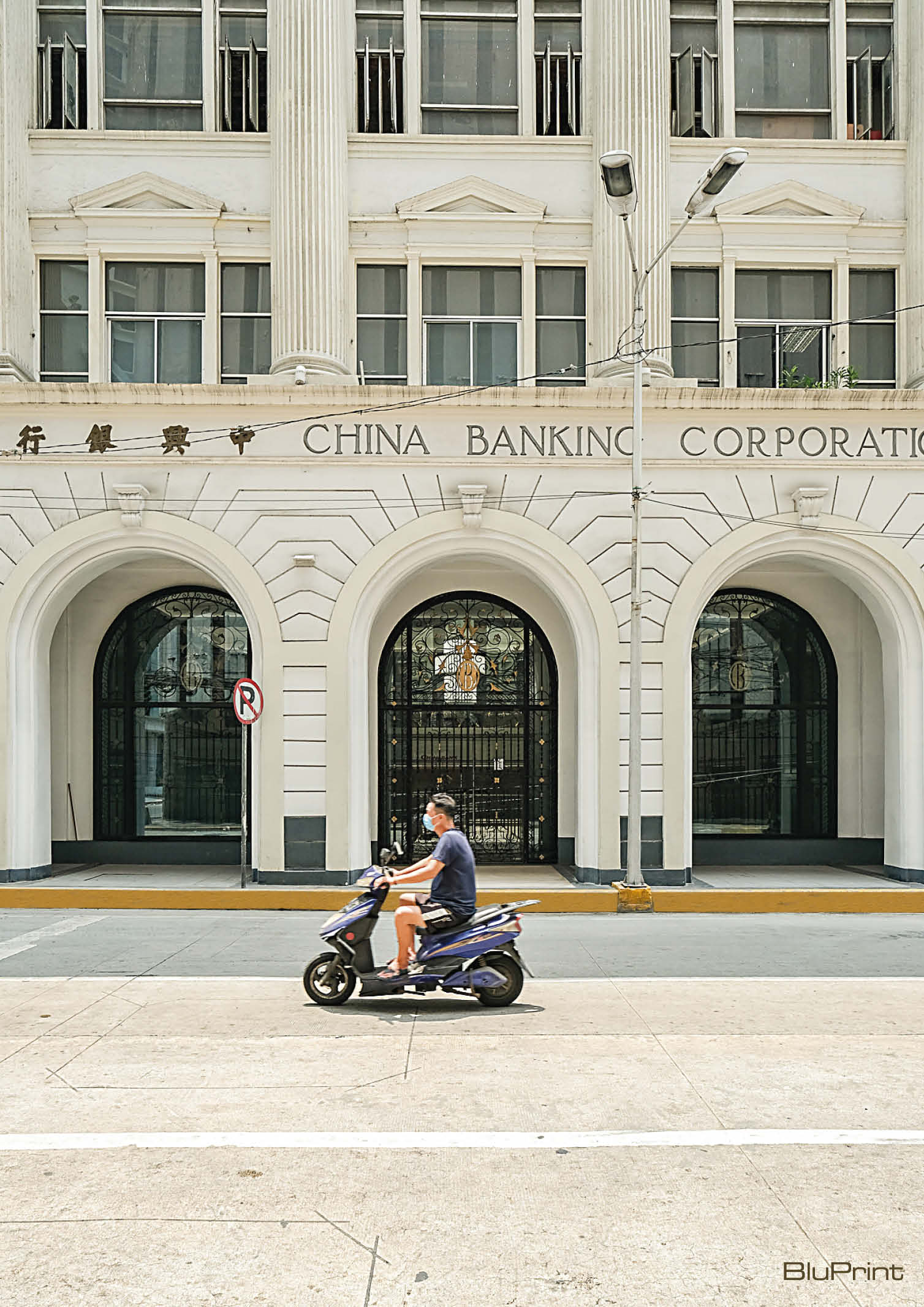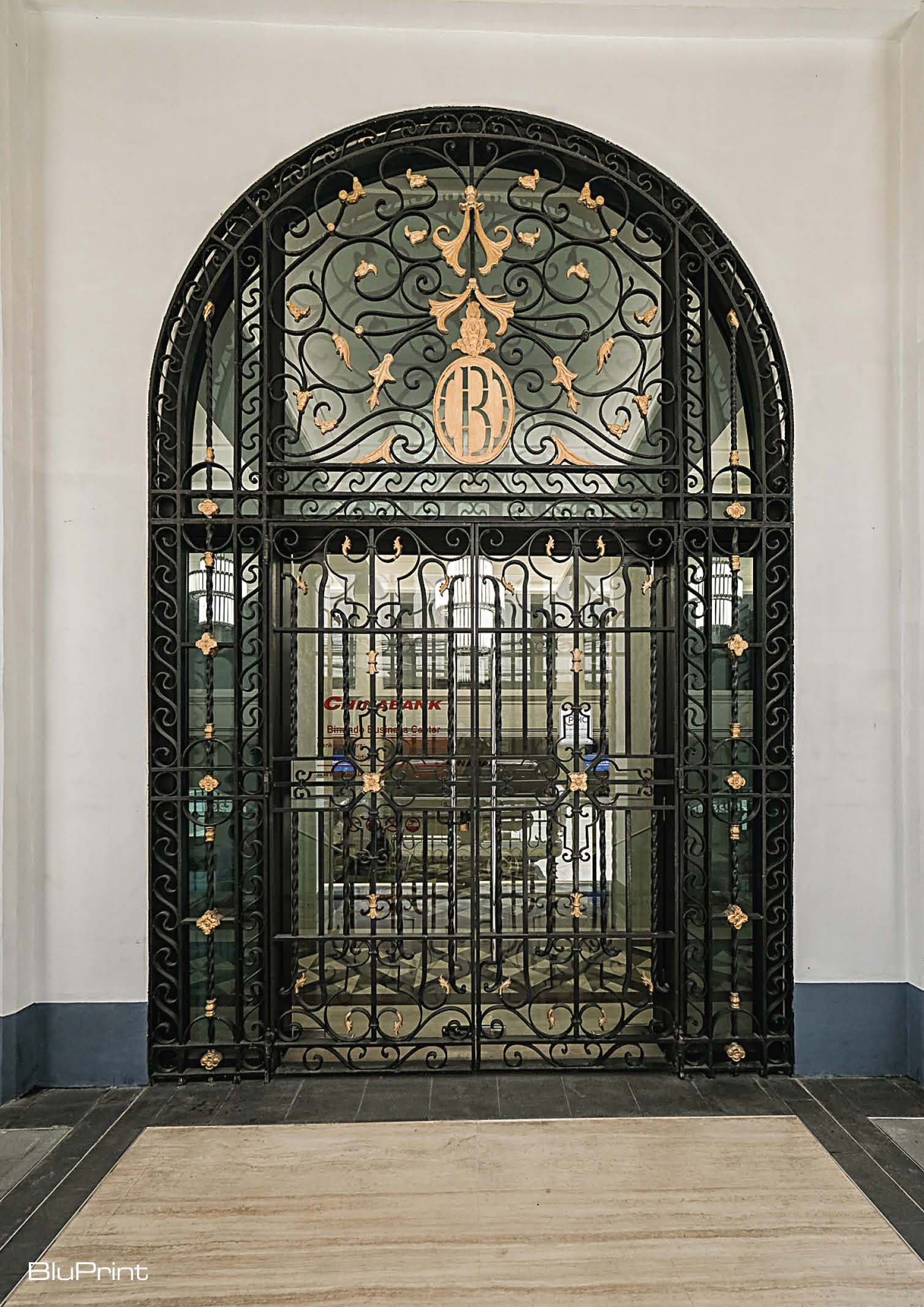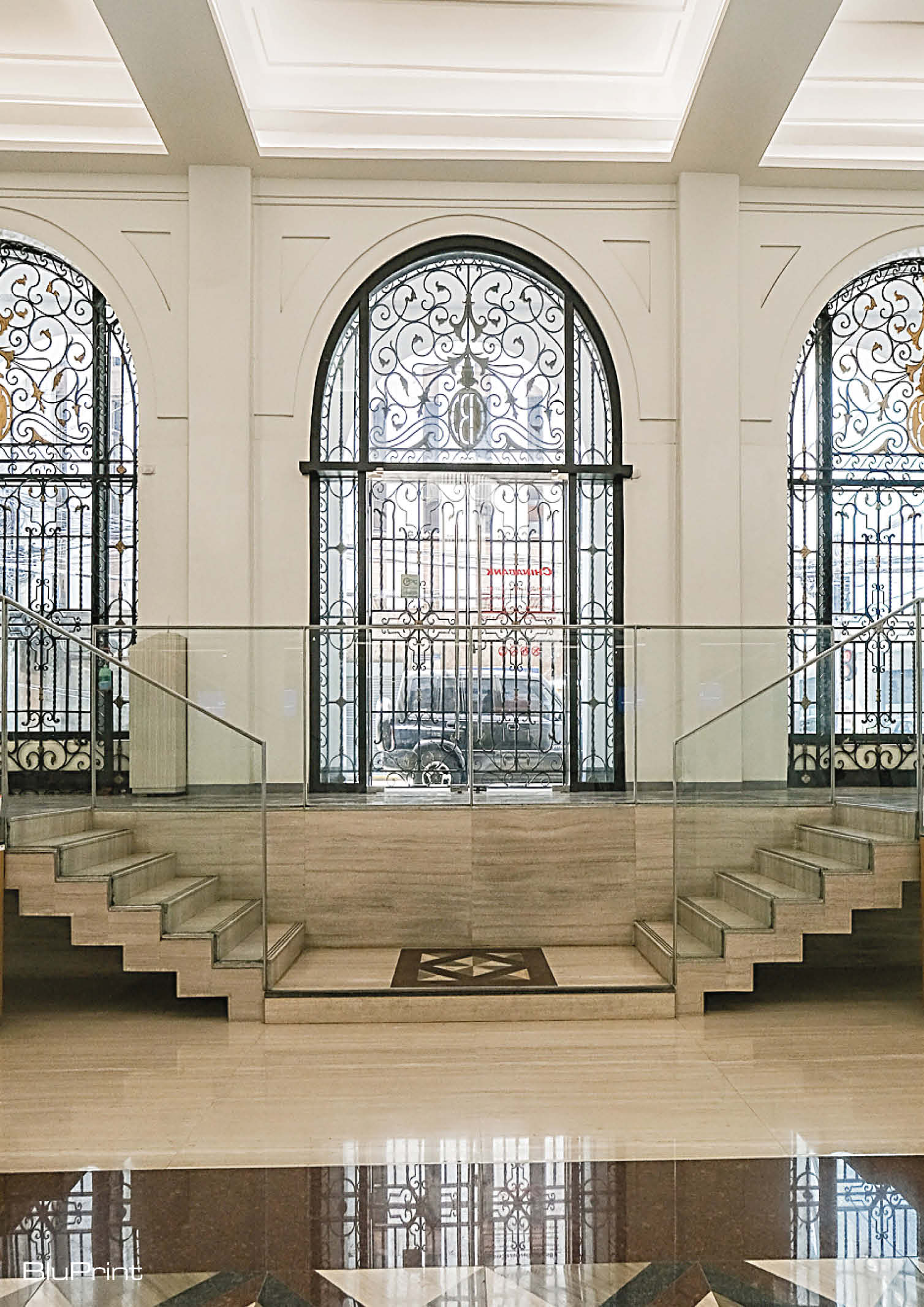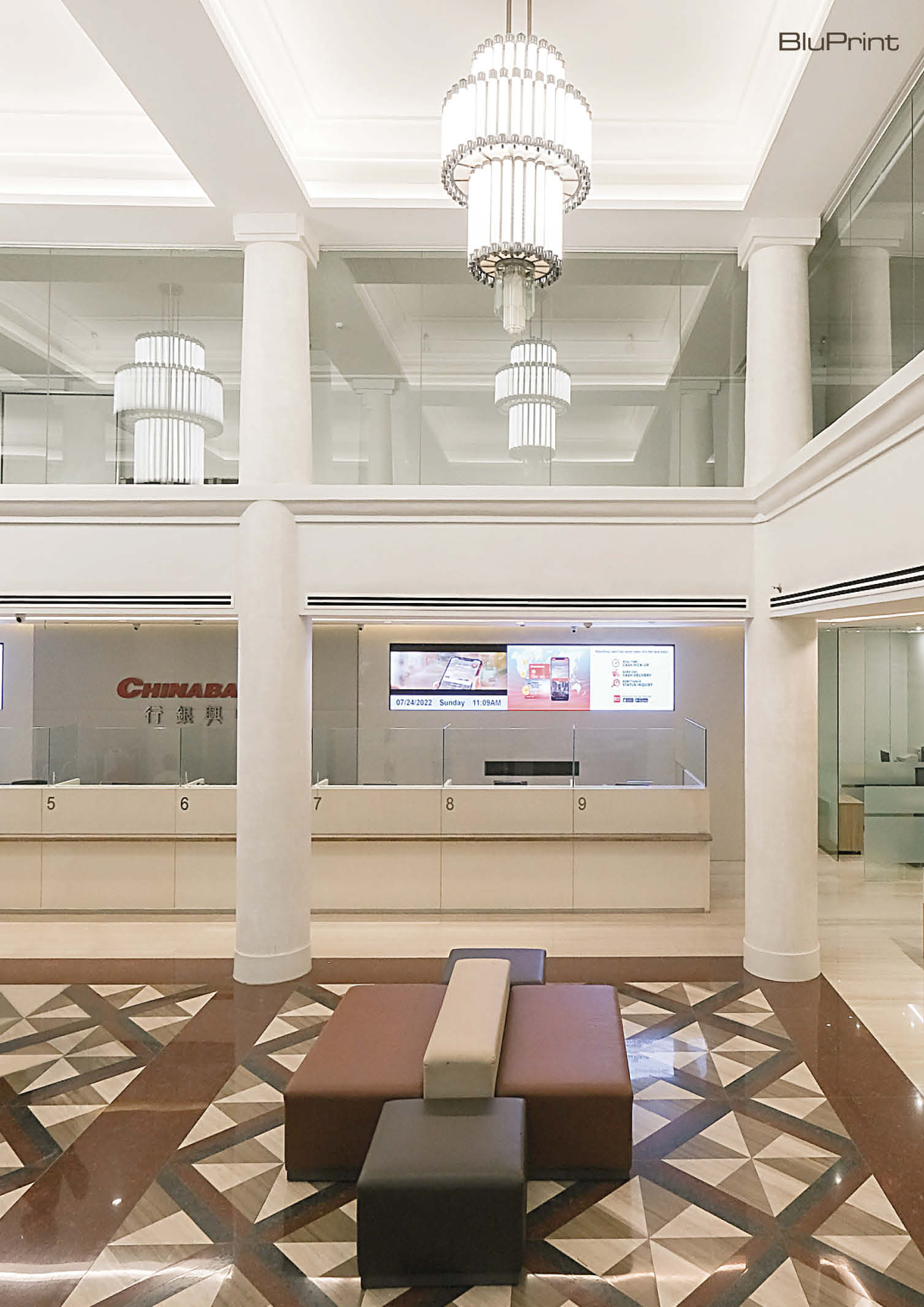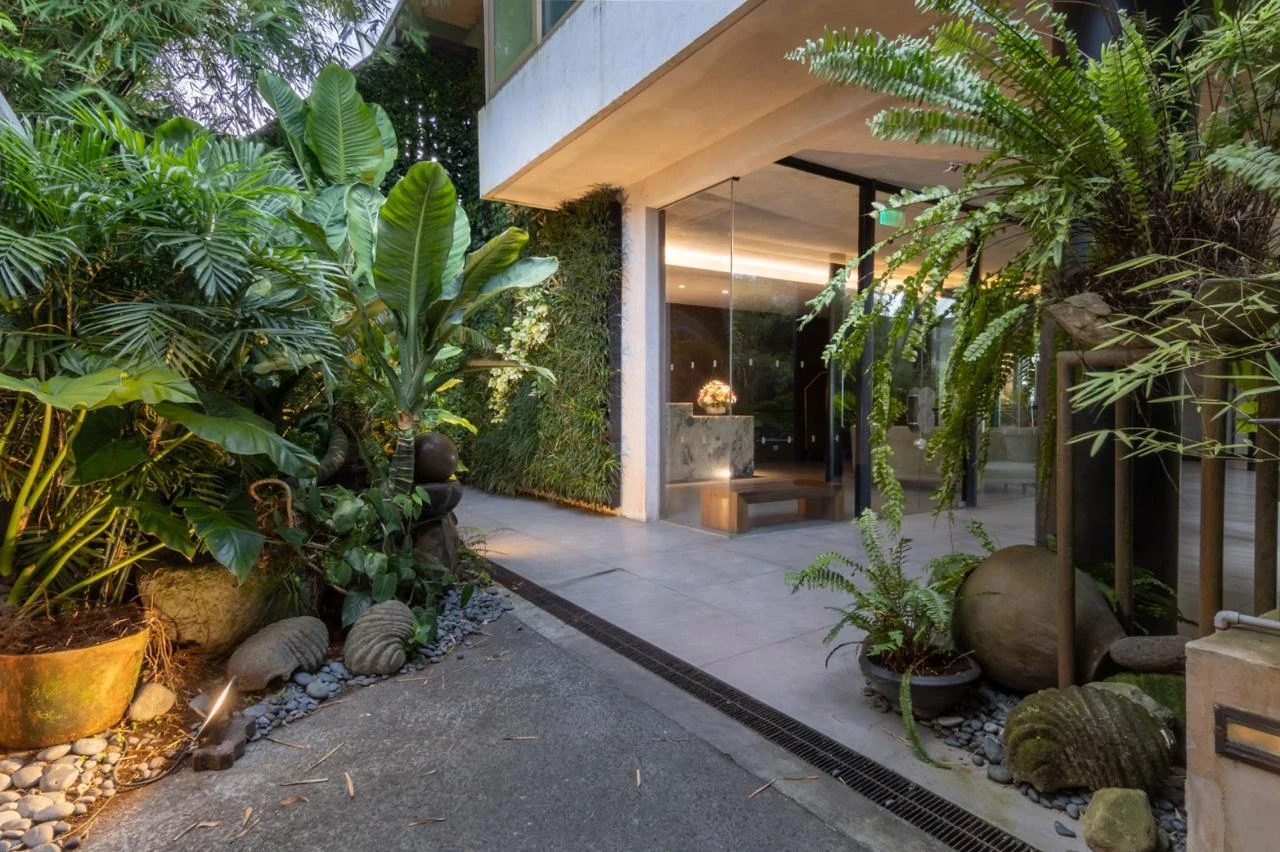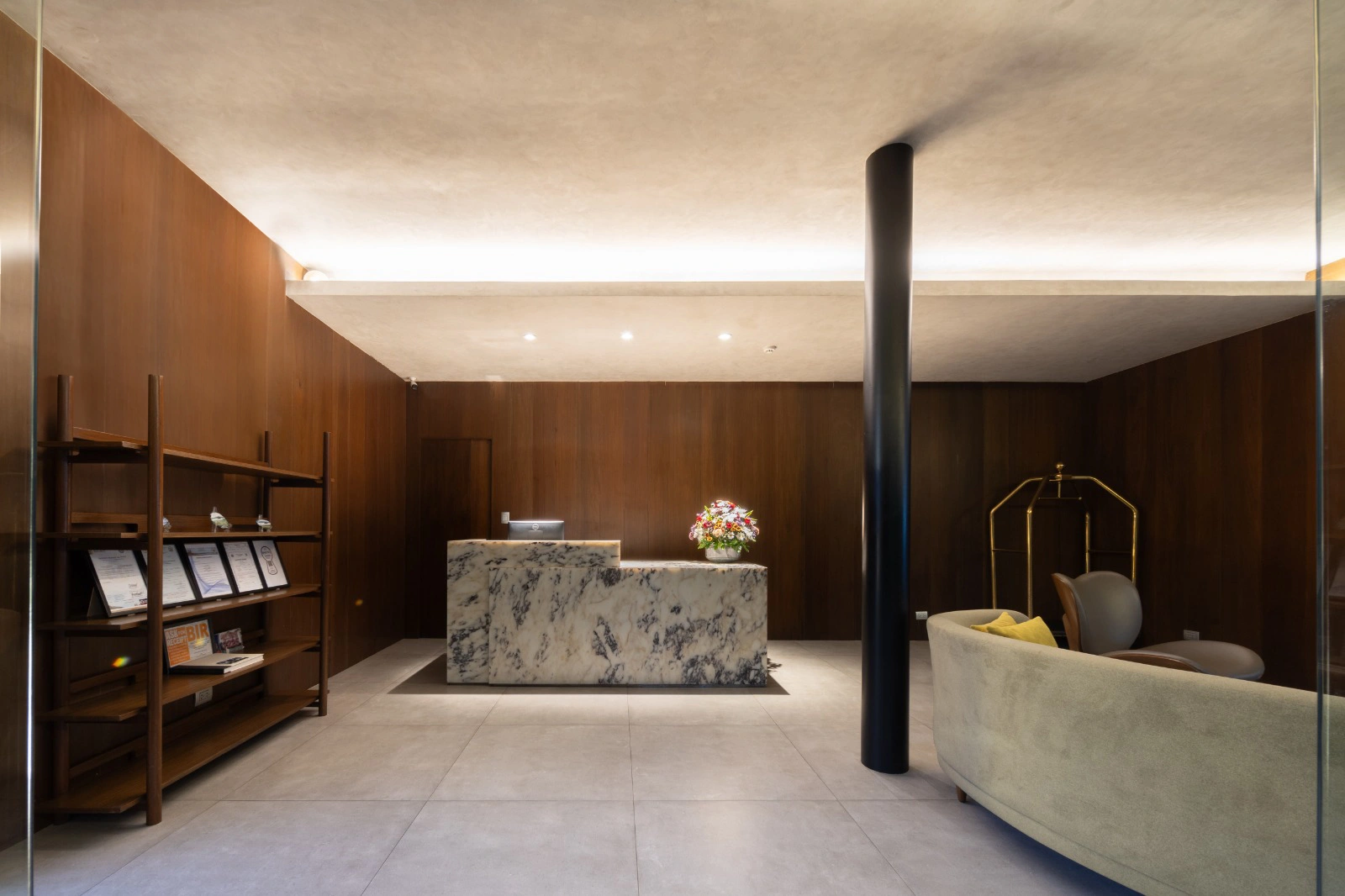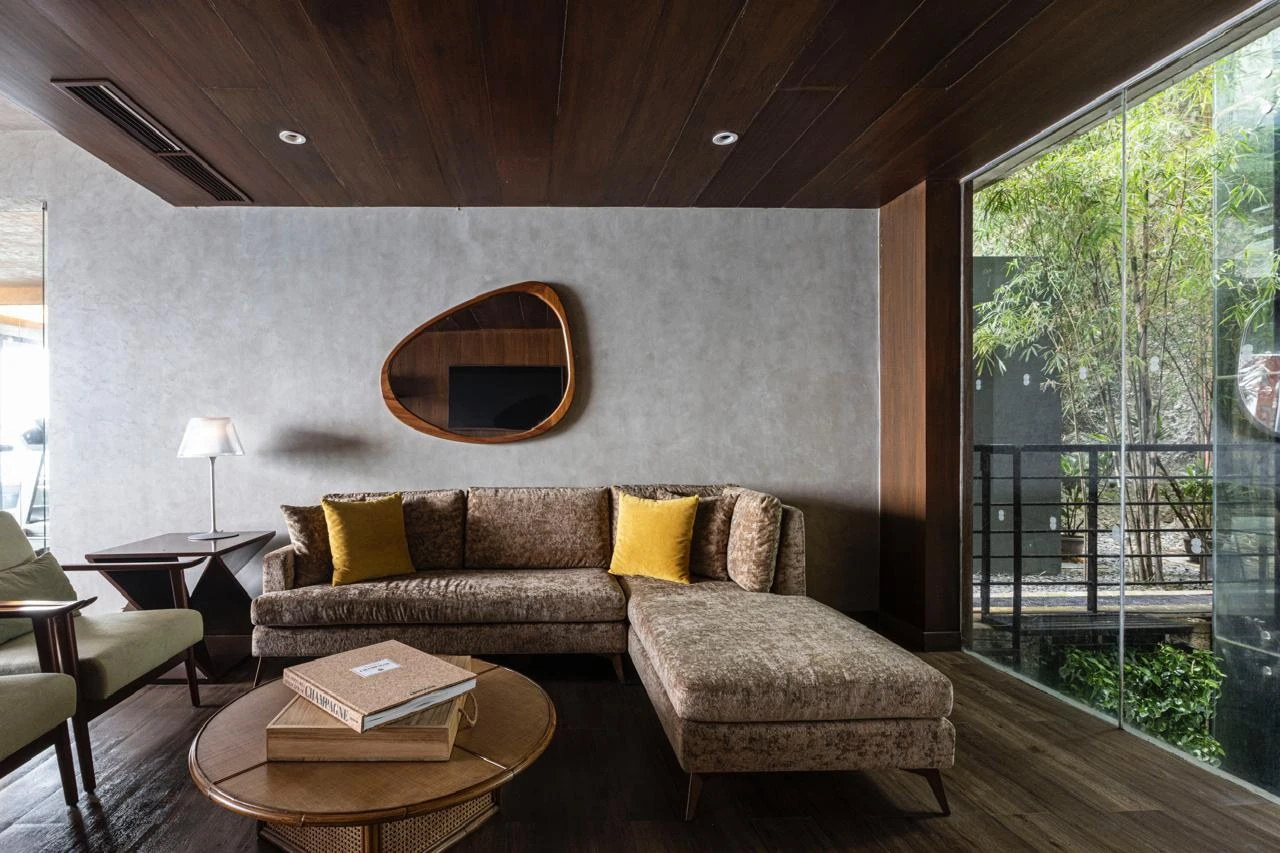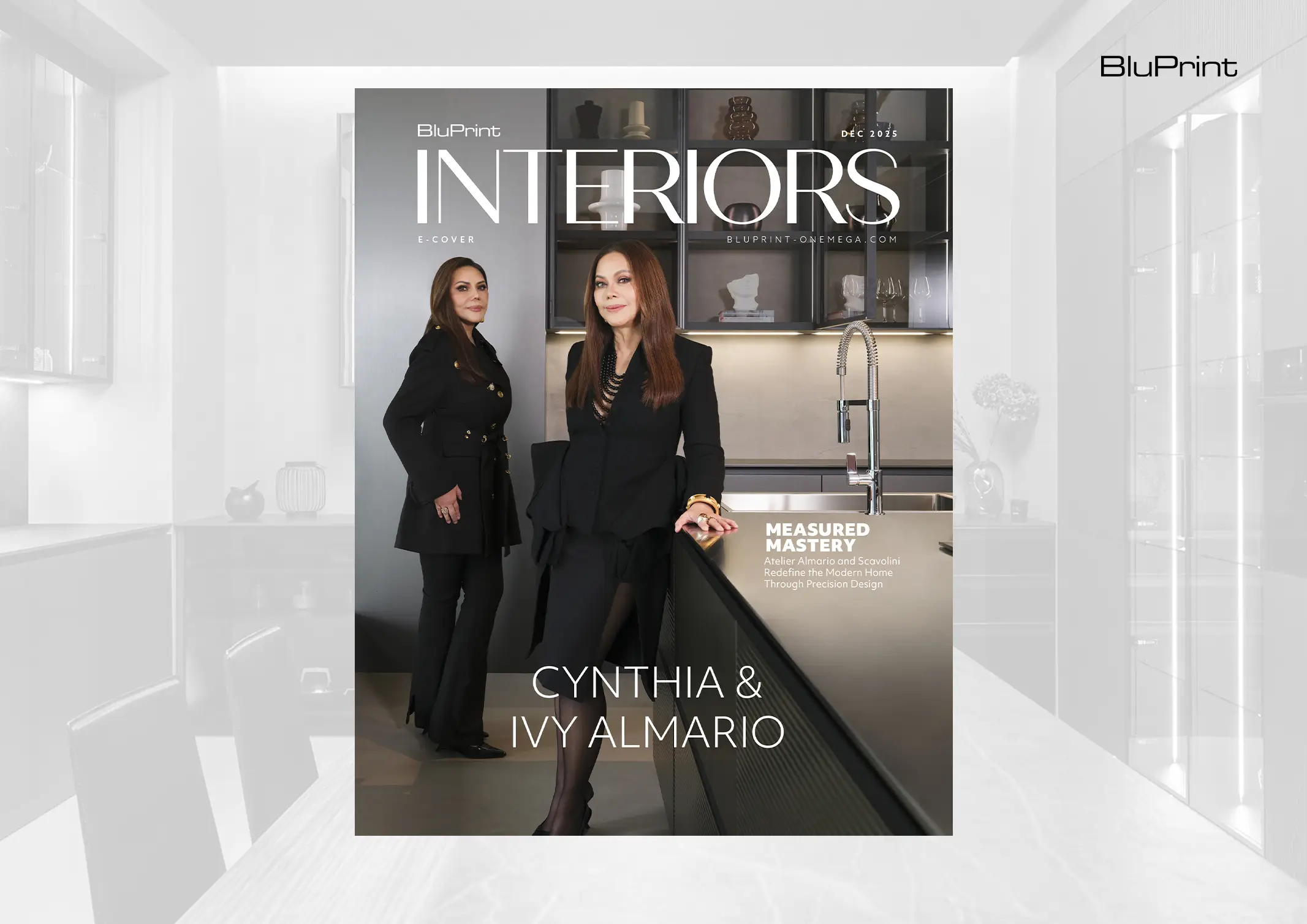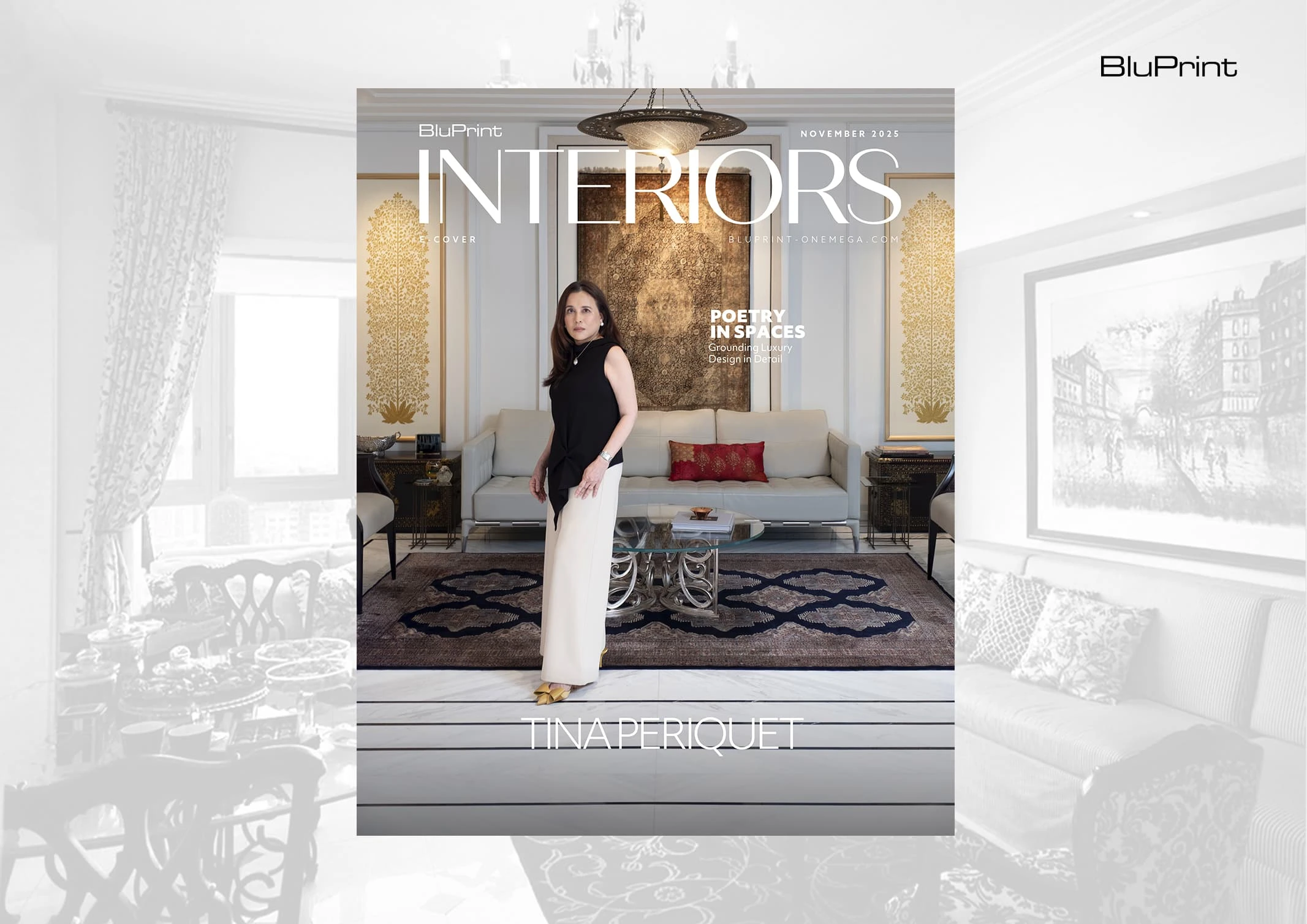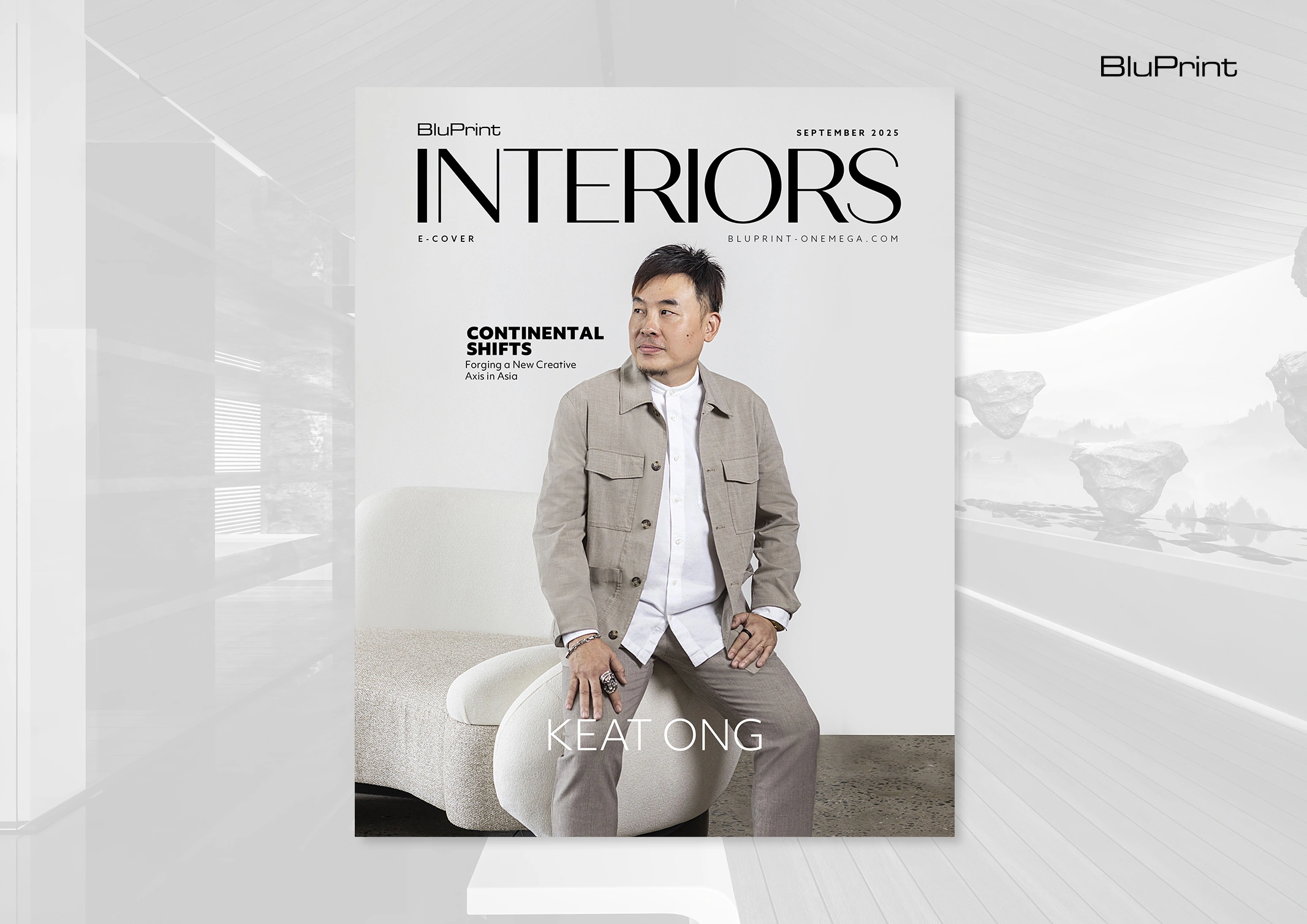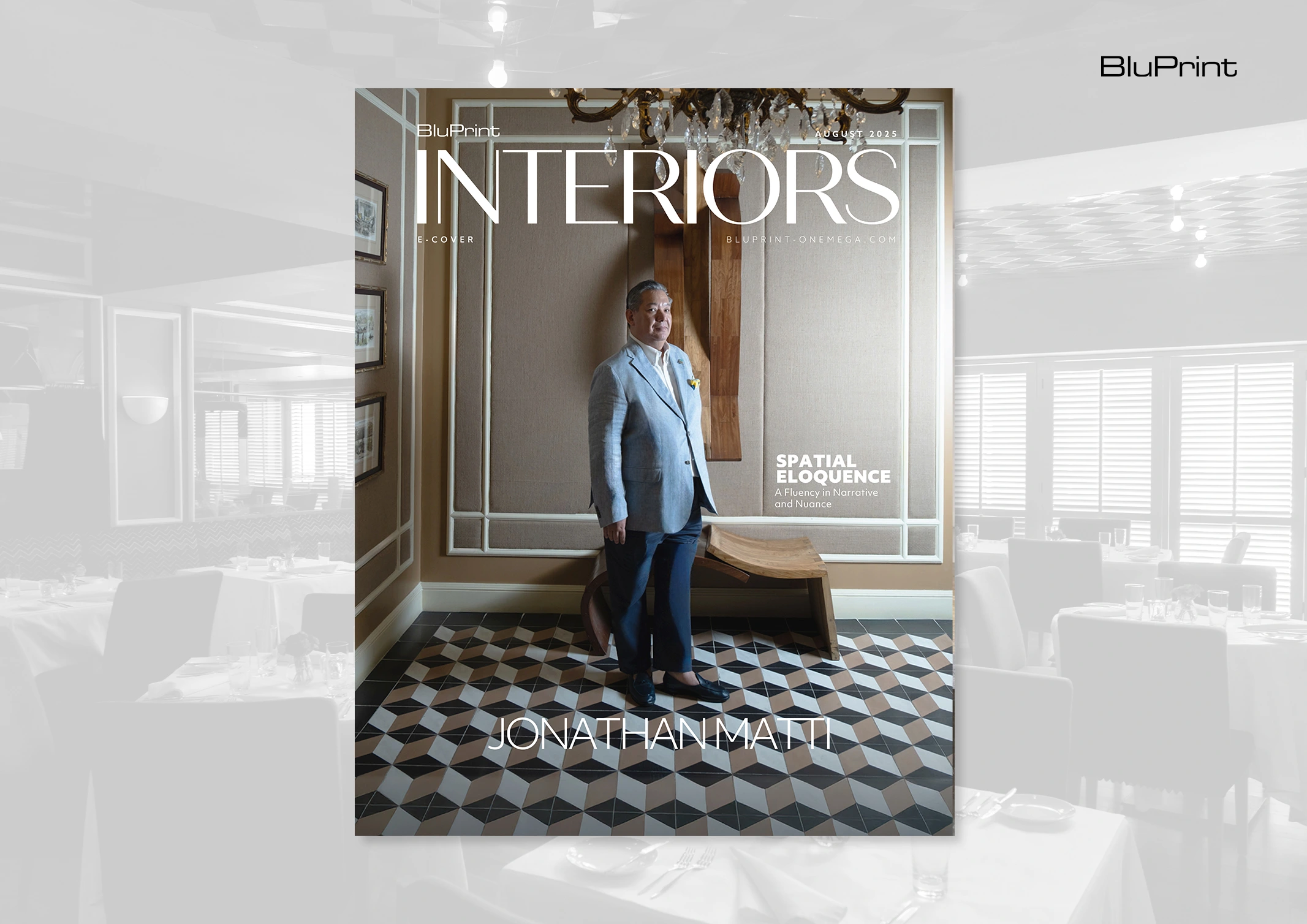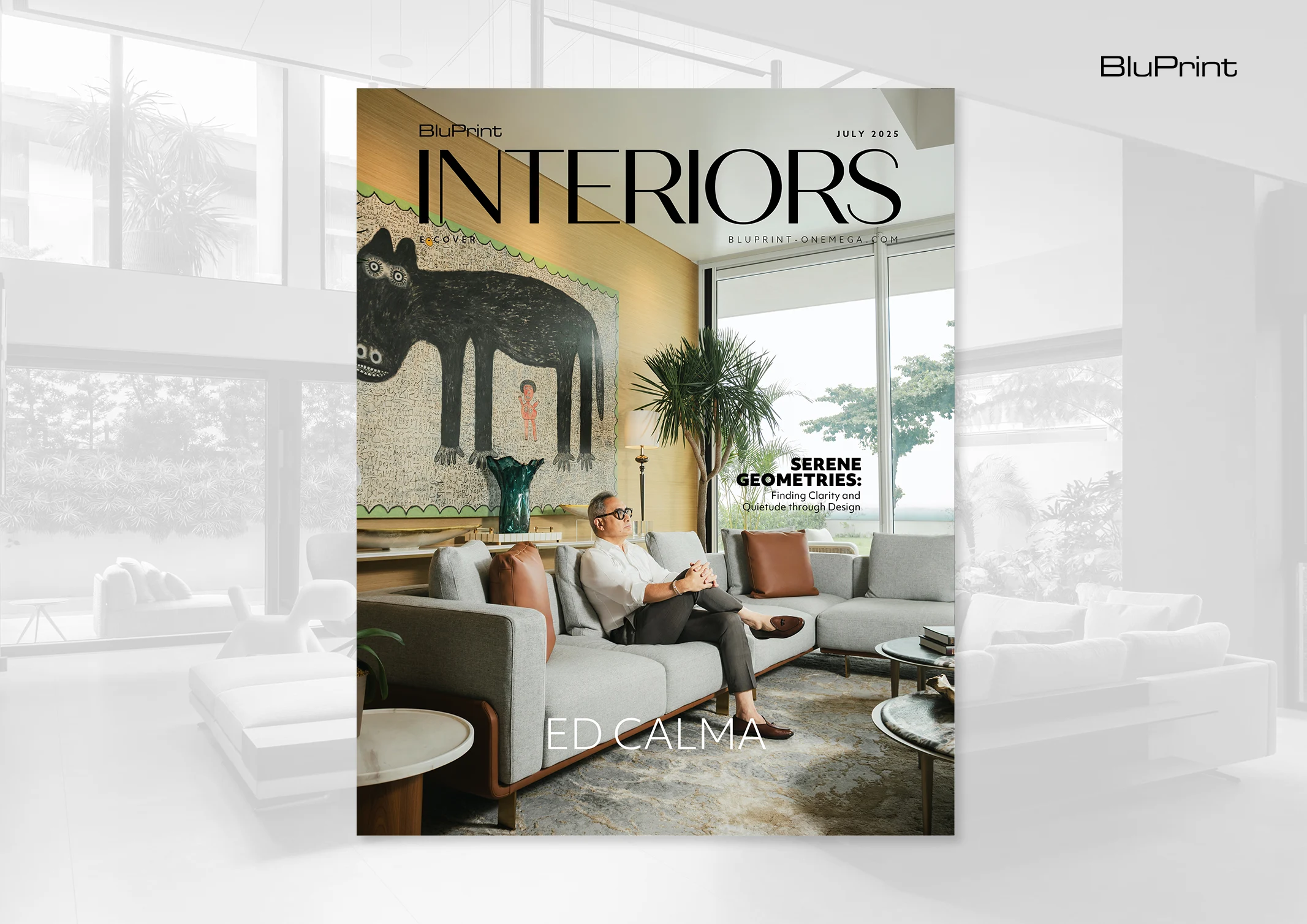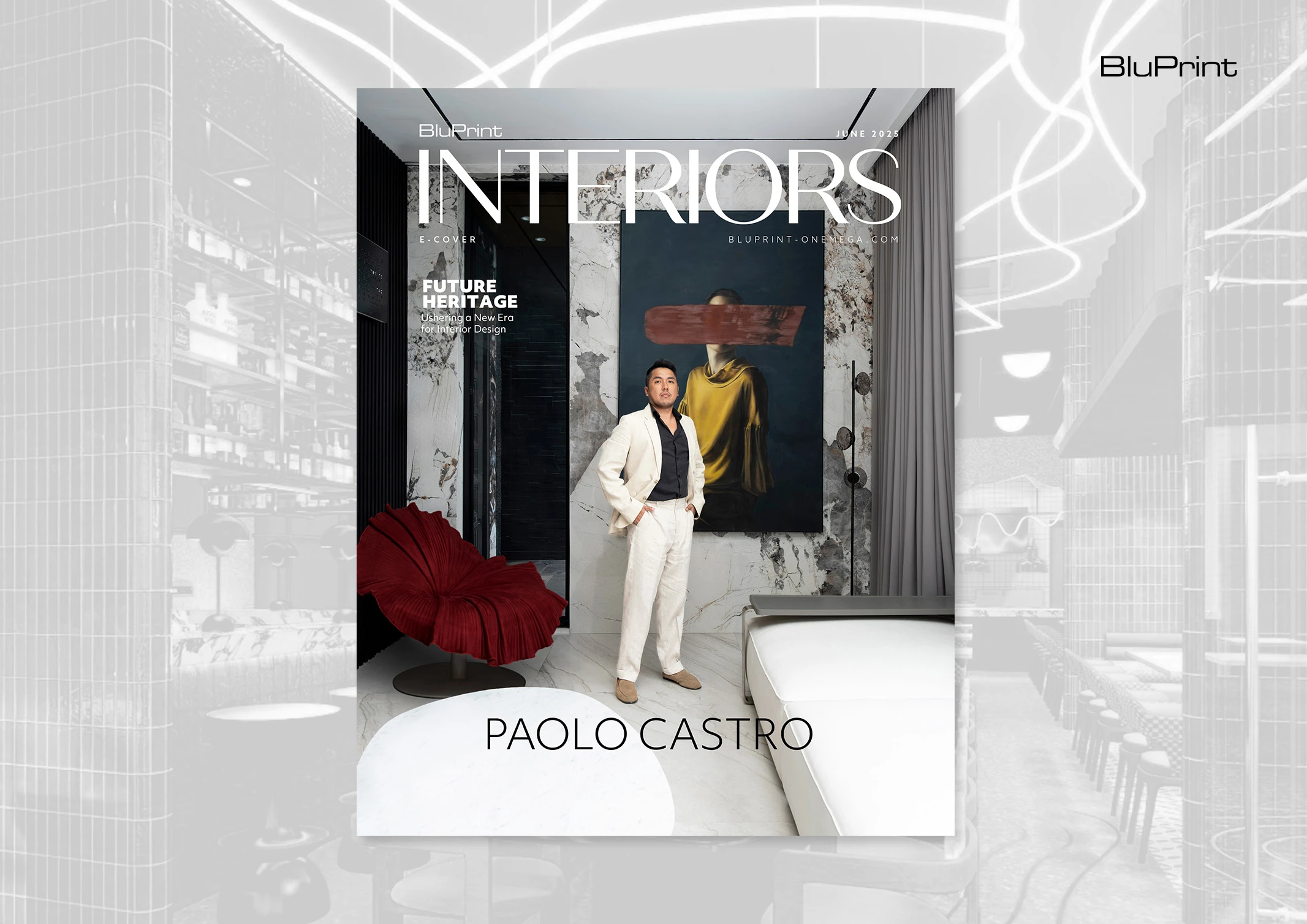Atelier Almario, led by powerhouse siblings Ivy and Cynthia Almario, have the vision of fully realizing the design of your dream home. Their dedication and expertise are seen with every decision they make, from the basic measurements that allow a space to be harnessed efficiently, to their use of trusted companies like the Italian design […]
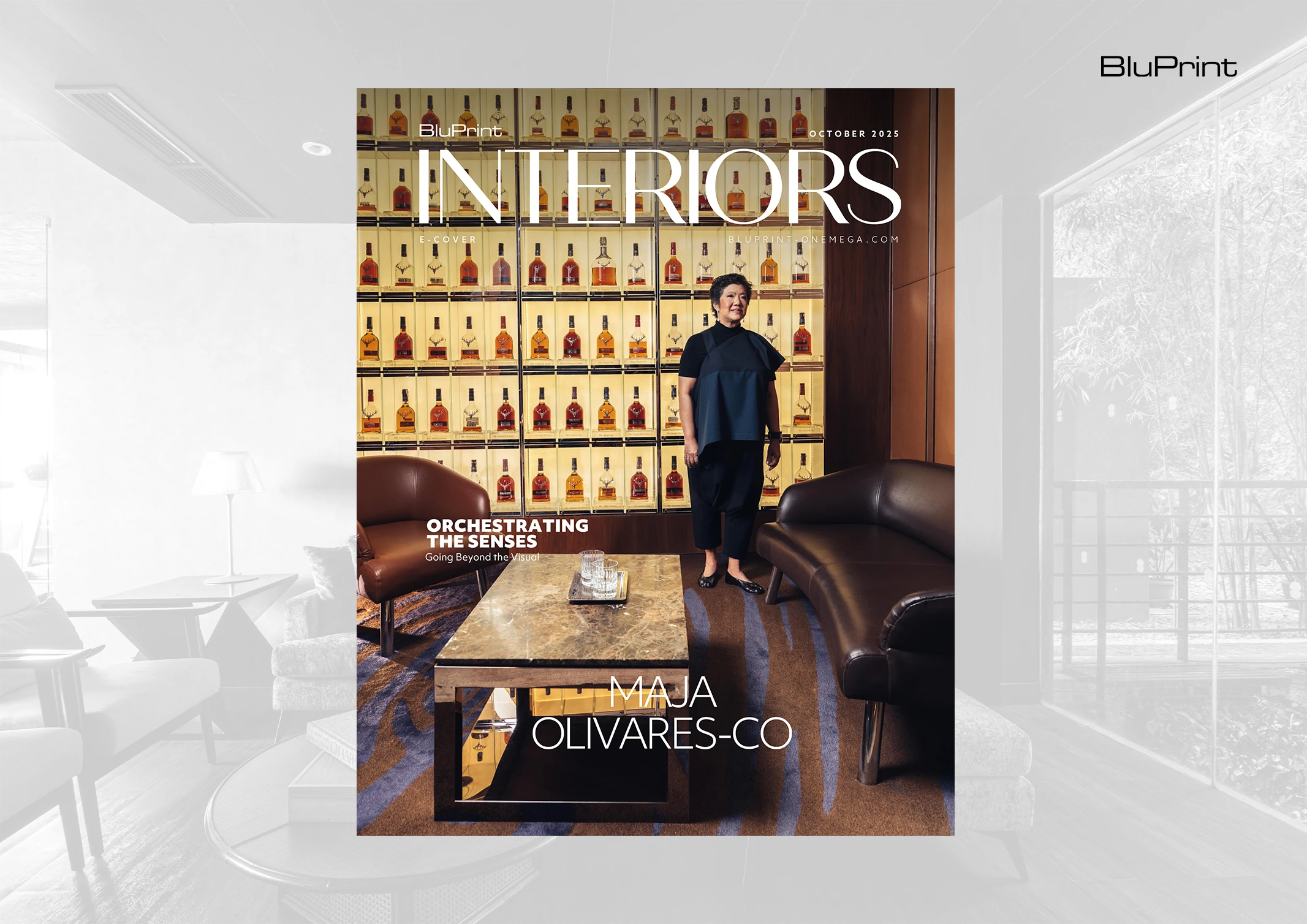
Orchestrating the Senses: Maja Olivares-Co Goes Beyond the Visual
Few figures navigate the space between legacy and innovation with the same fluidity as Maja Olivares-Co. Her career holds seeming contradictions in perfect balance: historical reverence and modern invention, commercial success and profound social conscience. As the Creative Director and Principal Designer of the pioneering firm Sonia Santiago Olivares and Associates (SSOa), she has evolved beyond the title of interior designer to become a curator of experiences and a storyteller in three dimensions. Her work is unified by a foundational philosophy that cuts through the noise of aesthetic trends: “If a space makes one feel good and comfortable, that’s what matters.”
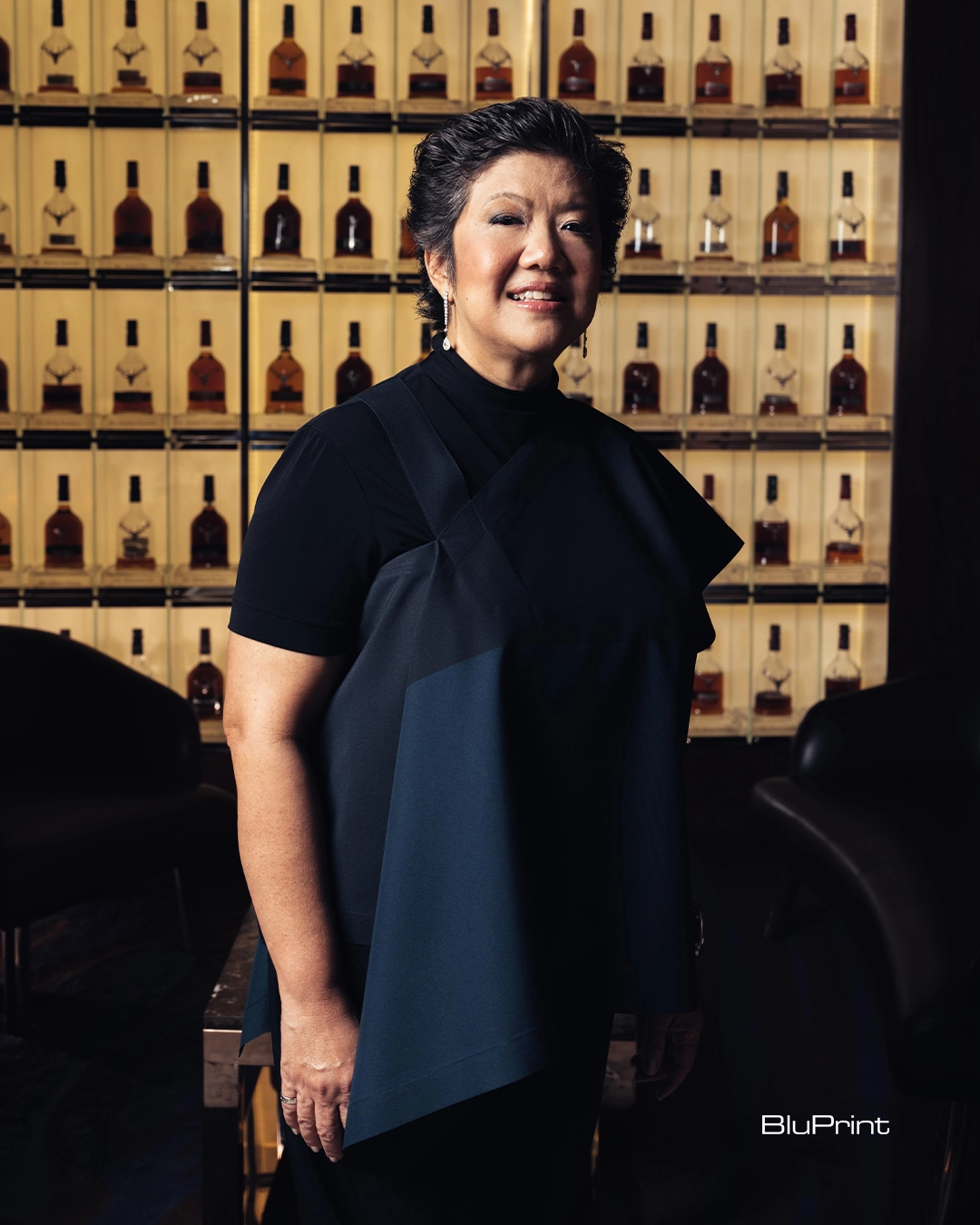
This principle of human-centric comfort serves as the anchor for a career defined by its dynamic and expansive nature. For Olivares-Co, creativity knows no borders. “My life is jazz,” she says, seeing the genre’s improvisational structure as a metaphor for her own creative process. Applying this mindset propelled her to lead SSOa while curating culinary and jazz events with Aman Resorts, pursuing social enterprises in healthcare, and championing community-based projects. Her innate curiosity and energy fuel a journey that seamlessly connects design with wine, food, music, and profound social impact.
A Synthesis of Art and Purpose
When Olivares-Co returned to Manila from her studies and practice in New York, she stepped into a firm with a formidable legacy—one established by her mother, the renowned interior designer Sonia Santiago Olivares. The firm was primarily built on residential and corporate projects, and while Olivares-Co continued that legacy, she also actively evolved it. Recognizing new opportunities, she expanded the portfolio into hospitality, food and beverage, and an impressive range of retail spaces. This strategic pivot led to acclaimed commercial projects like The Dalmore Whiskey flagship store and Sheraton Hotel Manila.
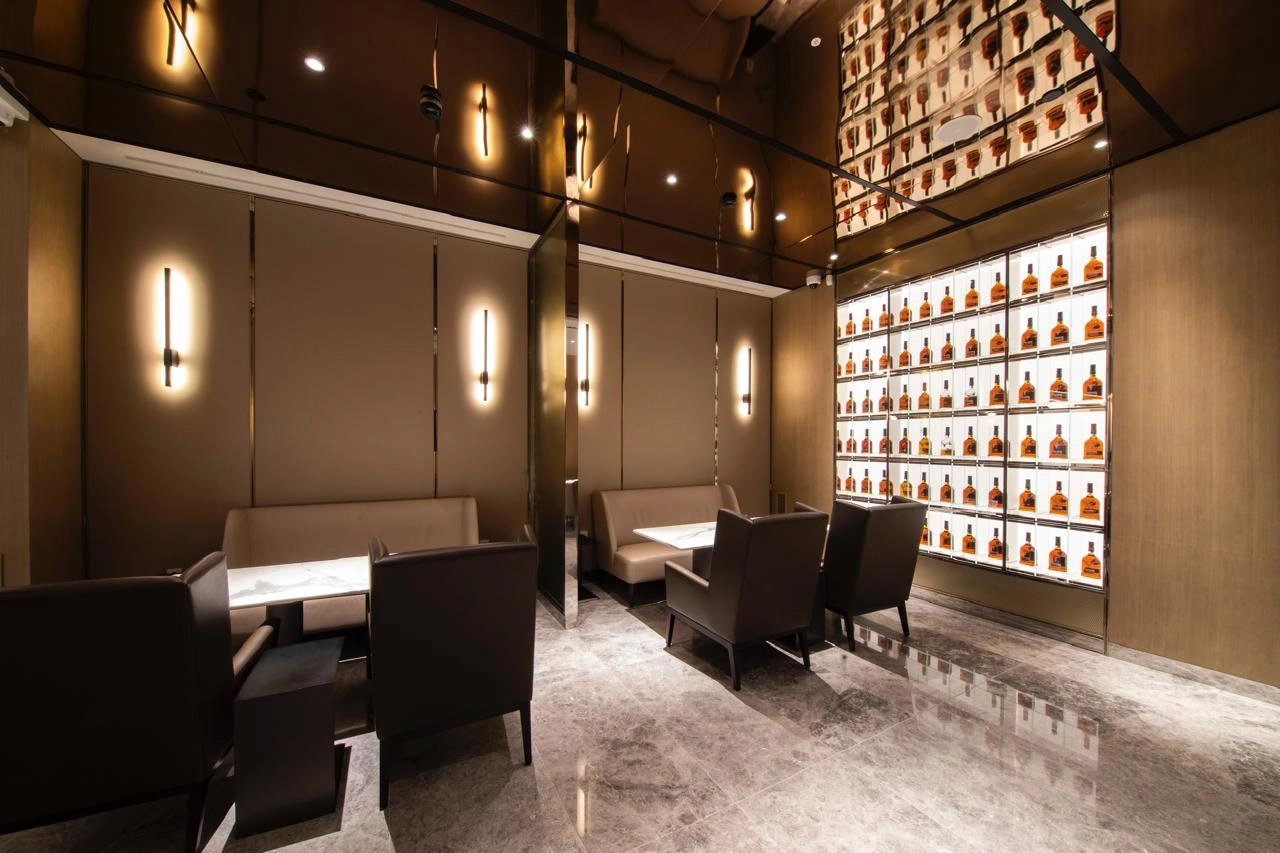
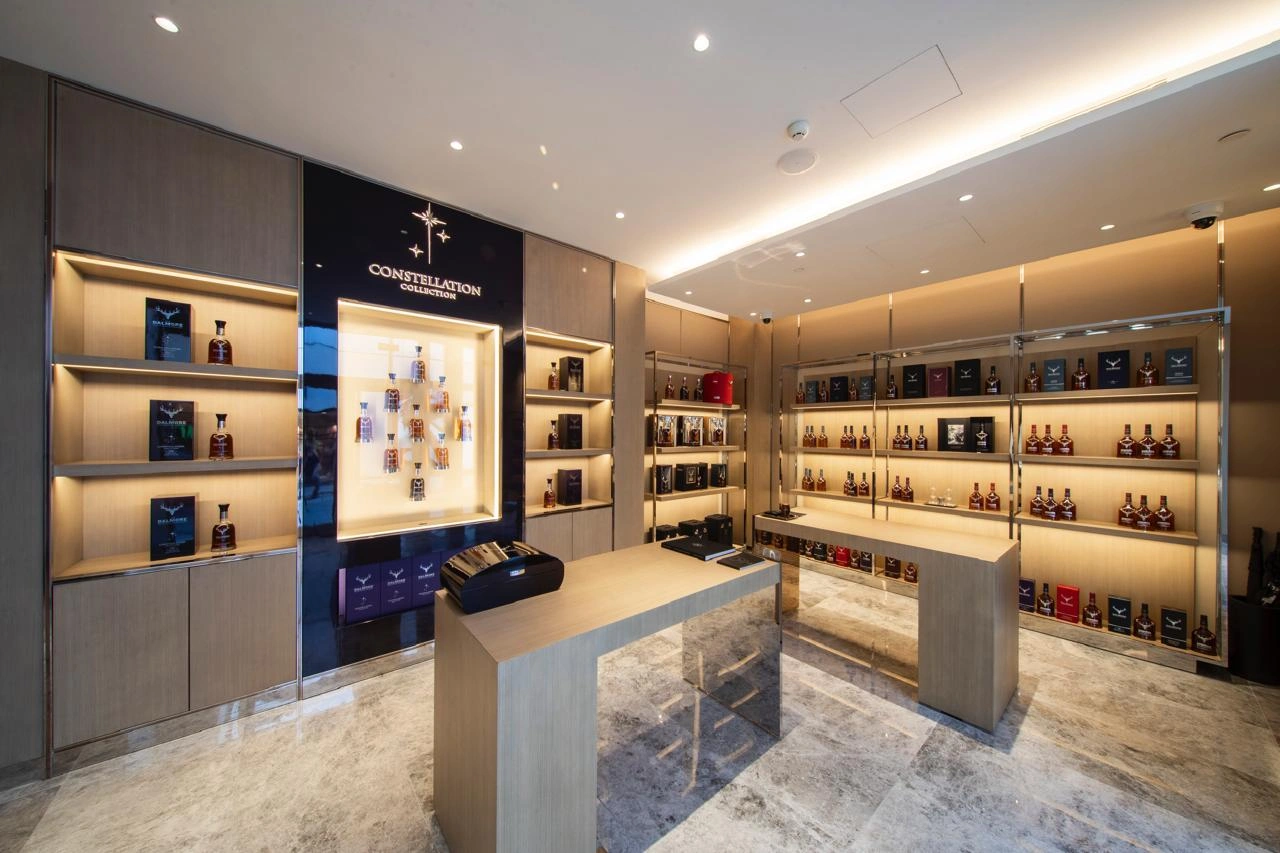
Simultaneously, she steered the firm’s focus toward advocacy, engaging in the design of churches and housing for calamity victims, embedding social responsibility directly into its practice. Her firm’s recent project, Spatio at Opus Mall, showcases this forward trajectory. It refines the mid-range department store as a curated and comprehensive lifestyle destination, featuring a barber shop, and nail salon, all designed to create an immersive, experience-driven environment.
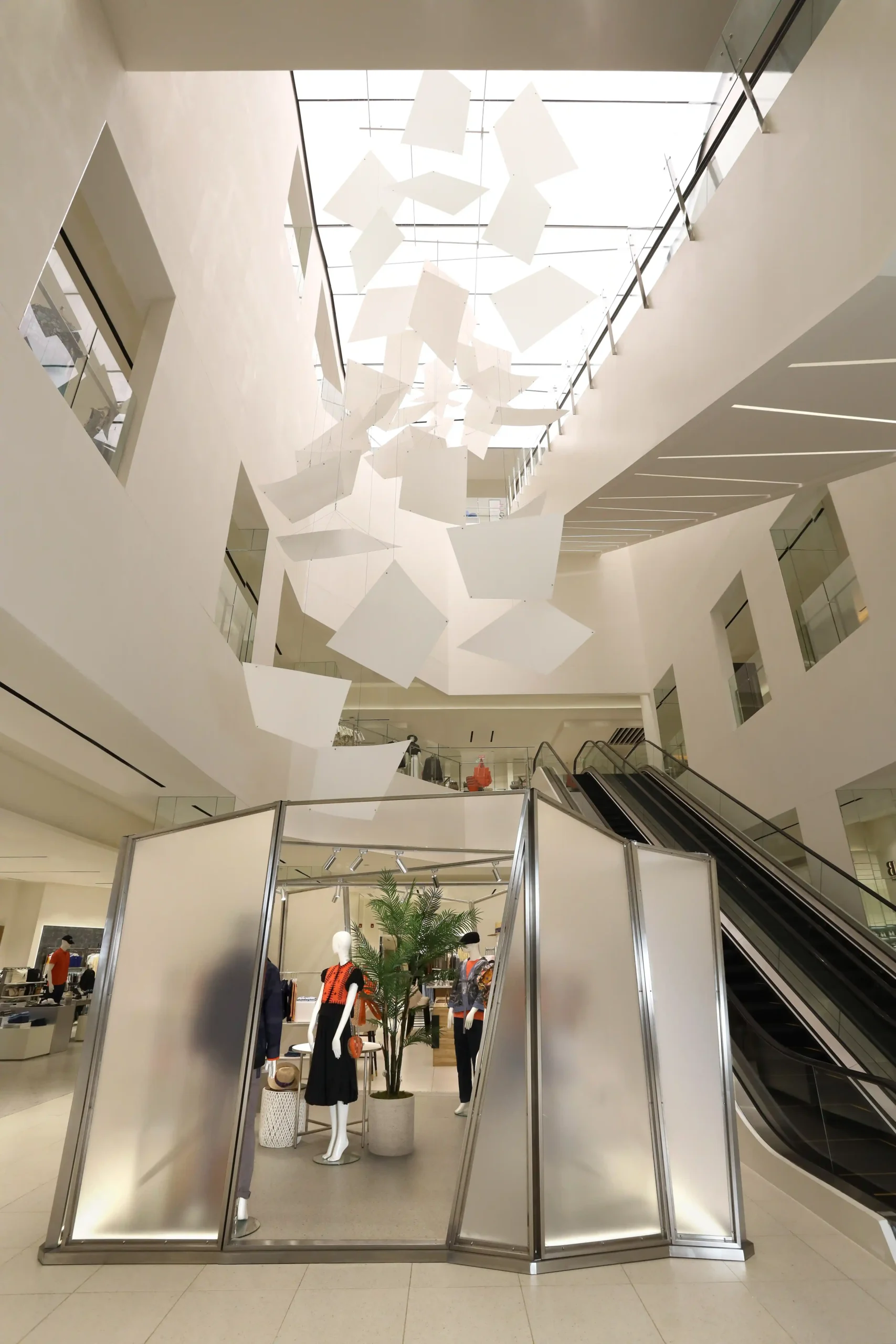
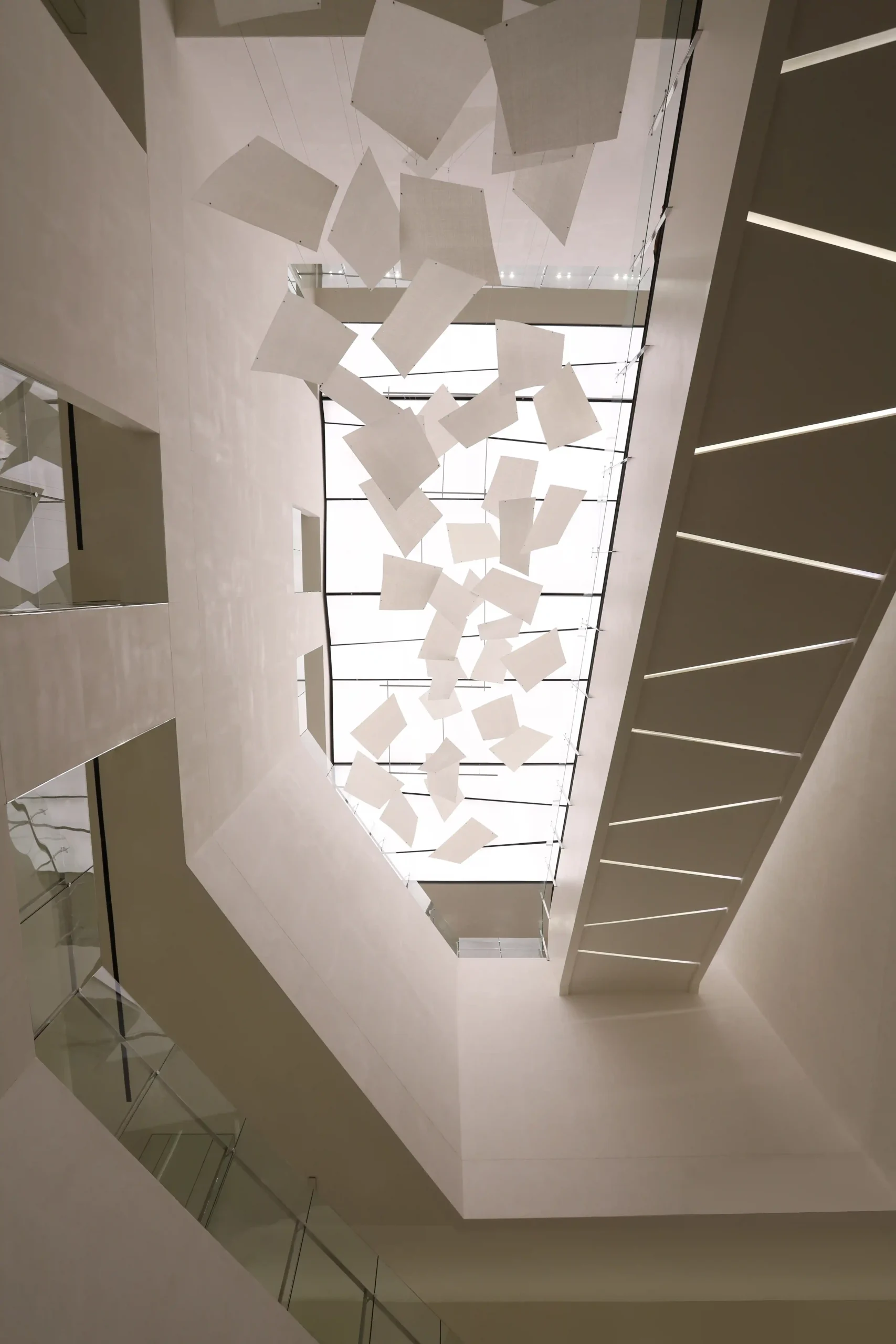
An analysis of Olivares-Co’s work reveals a distinct methodology that blends high-concept artistry with grounded, pragmatic principles. Her approach to heritage projects is founded on architectural storytelling, powerfully demonstrated in the award-winning restoration of the China Bank building in Binondo. Rather than treating it as a static relic, she curated a living dialogue between eras.
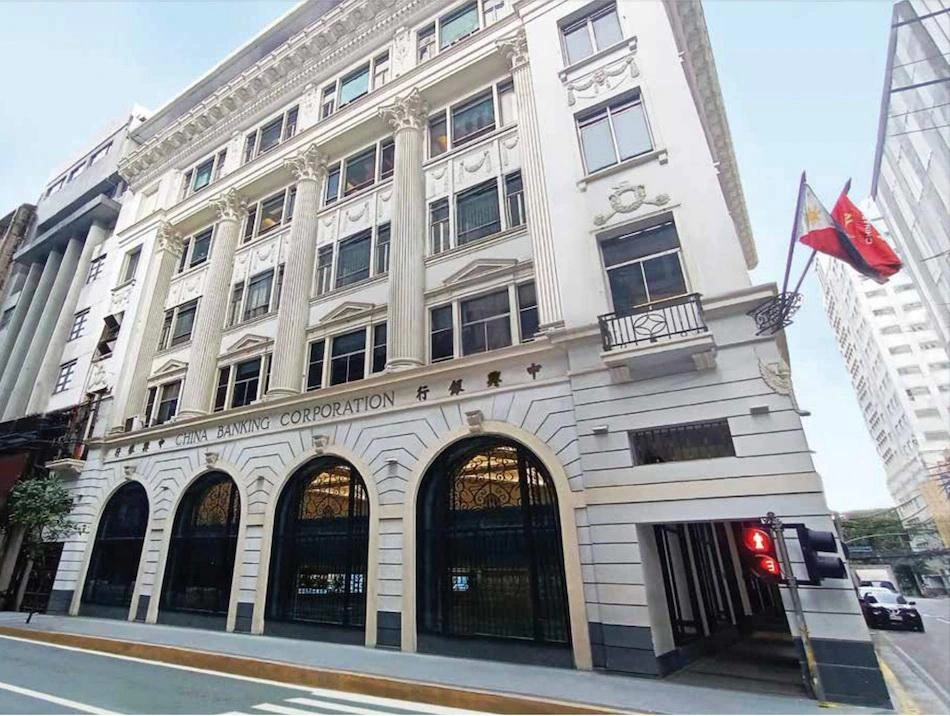
Original features like pre-war iron grille works and Machuca tiles were painstakingly preserved, allowing visitors to feel the texture of history under their feet, while the main banking hall was modernized to serve contemporary needs. It’s a philosophy prevents historical spaces from becoming static museums, allowing them to live and breathe in the modern era.
Her firm’s intellectual rigor extends to her commercial work, which often involves translating abstract concepts into physical reality. In projects like Hotel 8, her team translated the DNA of iconic fashion brands like Chanel and Hermès into tangible, affordable luxury hotel rooms. As an act of intellectual translation it captured the essence of Chanel through color and the textural language of bouclé, classic forms, and an air of timeless elegance.
It is a process that requires thinking like a brand strategist as much as a designer. Yet, while her concepts are ambitious, their execution is pragmatic. She understands that international design awards serve a strategic purpose, helping local clients see the importance of things they might otherwise overlook. This insight reveals a savvy understanding of the business of design, where global validation is the key to pushing for more ambitious solutions at home.
The Unifying Philosophy
Hotel 8, Tagaytay.
While the contexts of her projects differ dramatically—from a five-star hotel to a community market—the core philosophy remains constant. The foundational goal to make people “feel good and comfortable” is a universal principle that bridges her luxury and advocacy work. For a high-end client, this translates to an environment of seamless elegance and curated sensation. For a community, it means providing dignity, safety, and a sense of well-being through thoughtful, human-centric design. This consistency proves that for Olivares-Co, good design is a fundamental right, not a luxury, and that its principles are equally applicable whether crafting an aspirational escape or a vital public service.
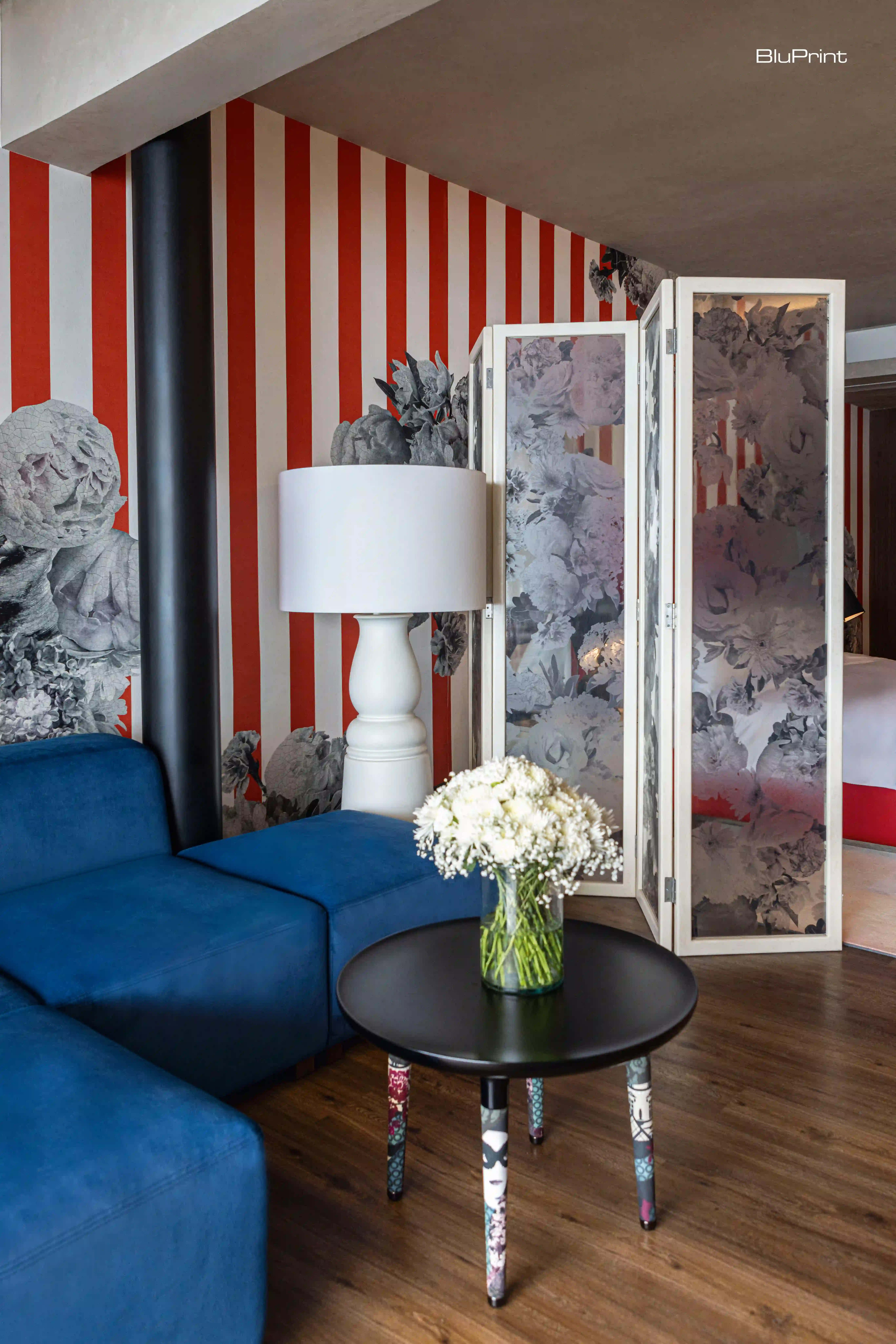
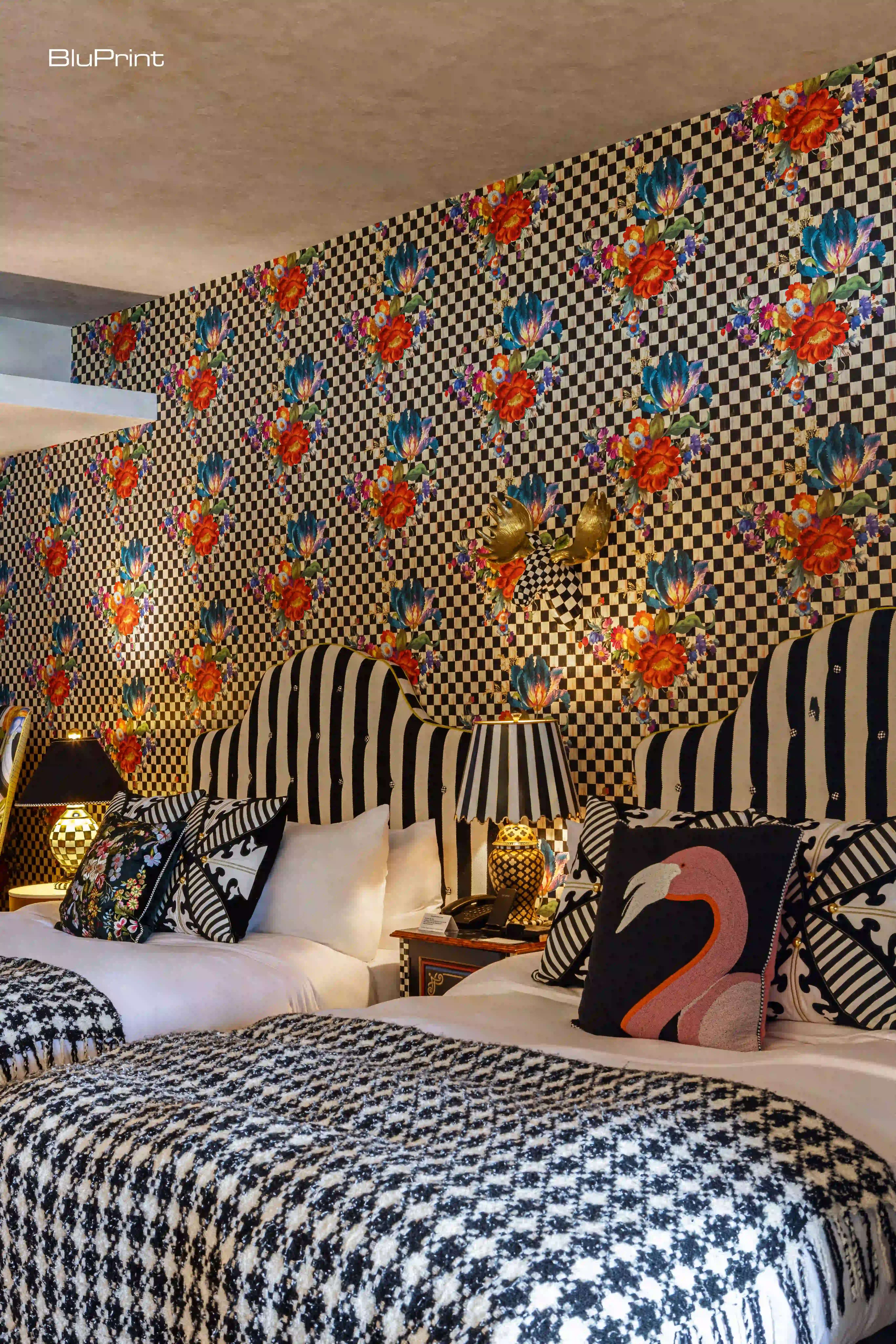
SSOa translated famed designers’ iconic DNA into tangible luxury, using the textural language and classic forms to evoke a timeless elegance.
Olivares-Co’s passion for design culminates in her ambitious, community-focused projects. She has held a lifelong fascination with public markets, viewing them as an “authentic grassroots window into the culture of a people.” More than a passing interest, it became a core part of her identity, fueled by visits to global icons like Tokyo’s Tsukiji Market and Barcelona’s Boqueria. She dreamt of designing a market for the Philippines that would be a source of national pride.
This dream was partially realized in the rehabilitation of the historic Paco Market. The project transformed the site into a vibrant cultural hub with weekend music and art programs and integrated crucial waste and sewer management. It was a resounding success, built on a vision of community and sustainability. Tragically, the success was short-lived. “Sadly, after completion and spending P100M of funds Gina Lopez and I raised, the LGU tore it down to build a mall,” Olivares-Co states. “What a crime!”
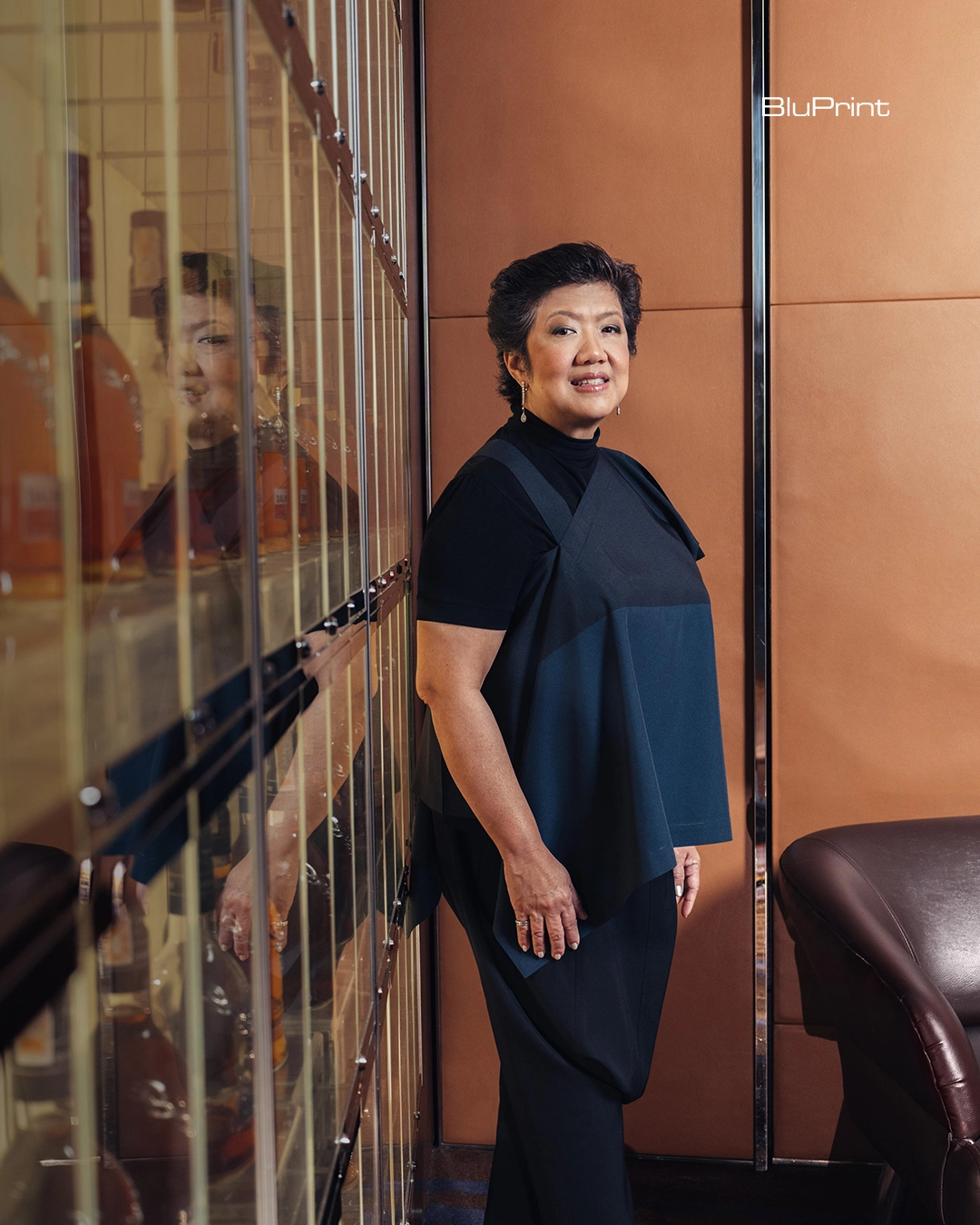
The experience, though heartbreaking, did not deter her. It sharpened her resolve, a resilience also evident in her healthcare advocacy. She describes the journey of Carespan/CareTech as a “tough journey,” but one her team pursues relentlessly because of the urgent need for primary healthcare and well-designed clinics for the masses.
A Call for a Reboot
Looking at the state of the world, Olivares-Co sees opportunity amidst crisis. With the Philippines facing both political and economic challenges on top of global instability, she believes designers are in a “perfect reboot situation.” It is a moment that demands a fundamental shift in the profession’s priorities.
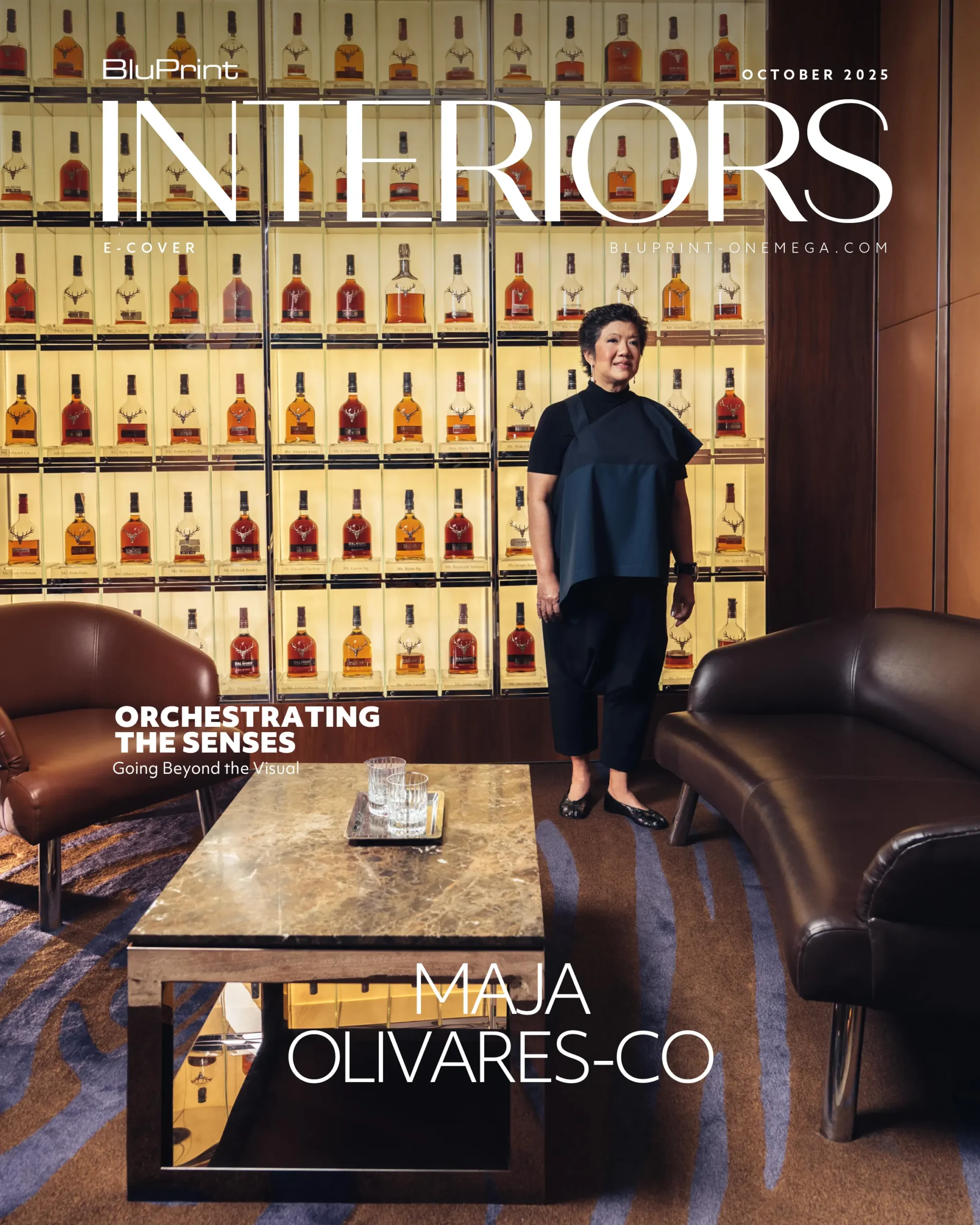
Her vision for the future is a powerful call to action for her peers, but it is her career that serves as the most compelling argument. She has spent decades proving that a practice can be both commercially successful and socially conscious, both deeply respectful of the past and boldly innovative. Her work is the answer to her own call: “Design with relevance that will have a meaningful impact on the lives of people and the planet”.
Read more: Exploring the Designer-Inspired Interiors of Hotel 8
Photographer: Kim Santos
Sittings Editor: Geewel Fuster
Managing Editor: Chad Rialp
Art Direction: Raechel Oro
Associate Producer: Mae Talaid
